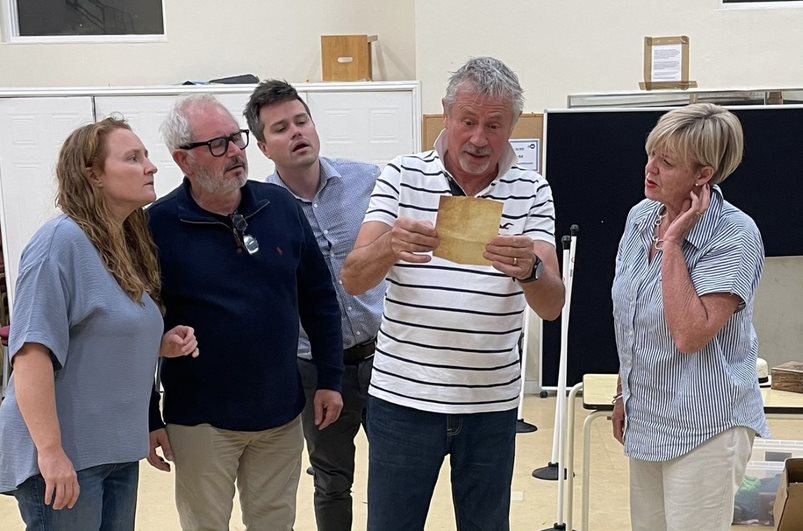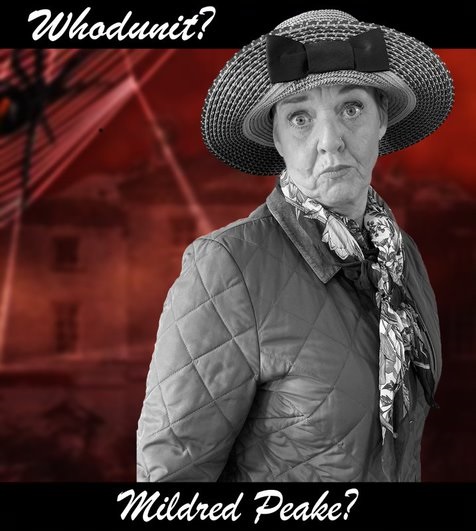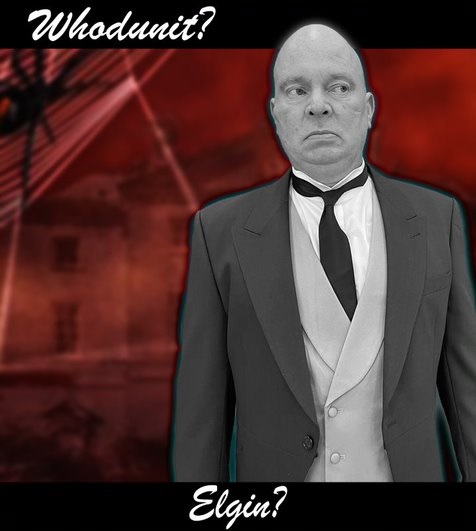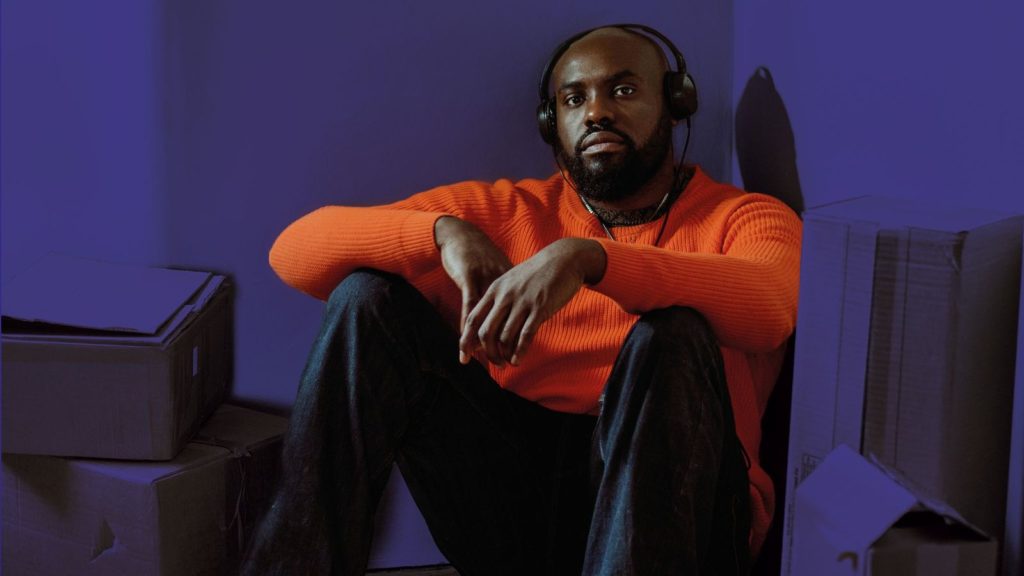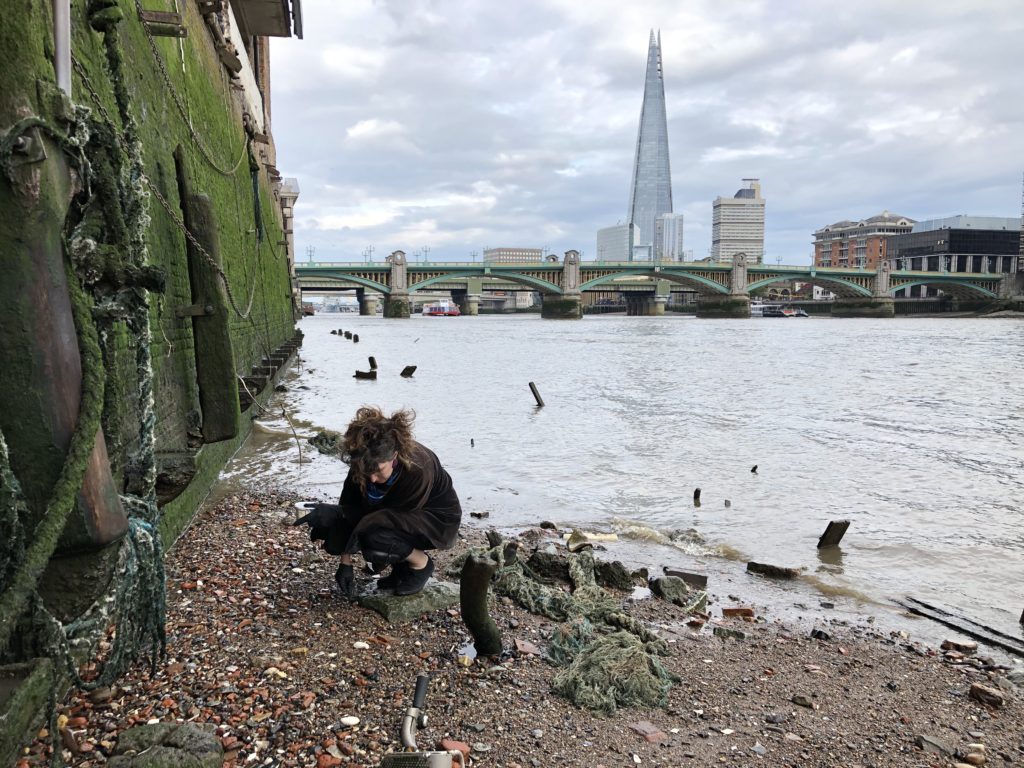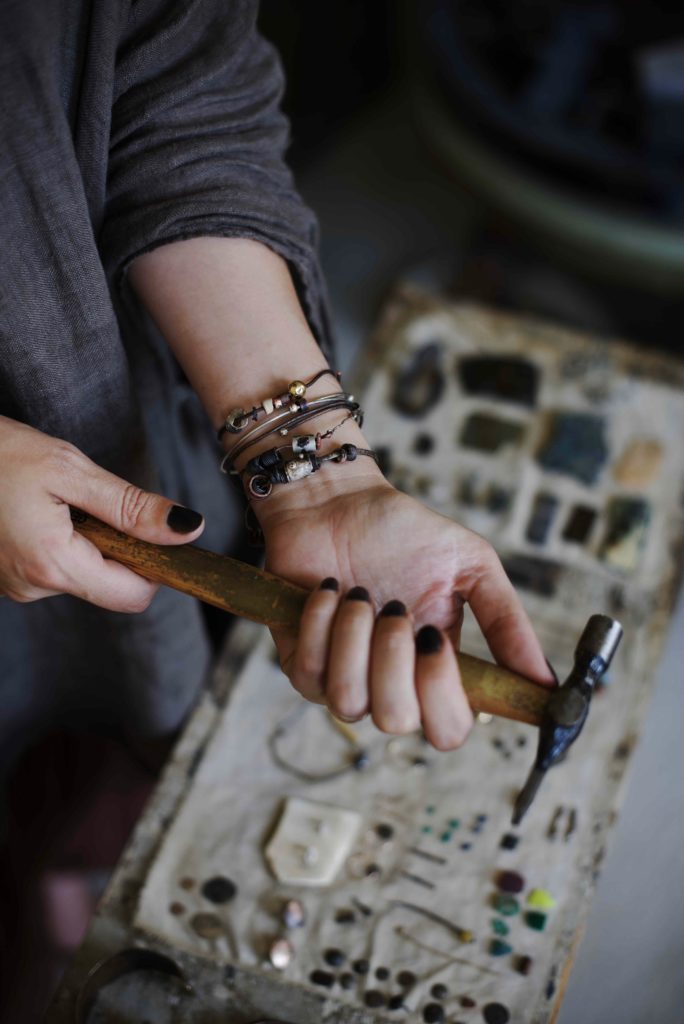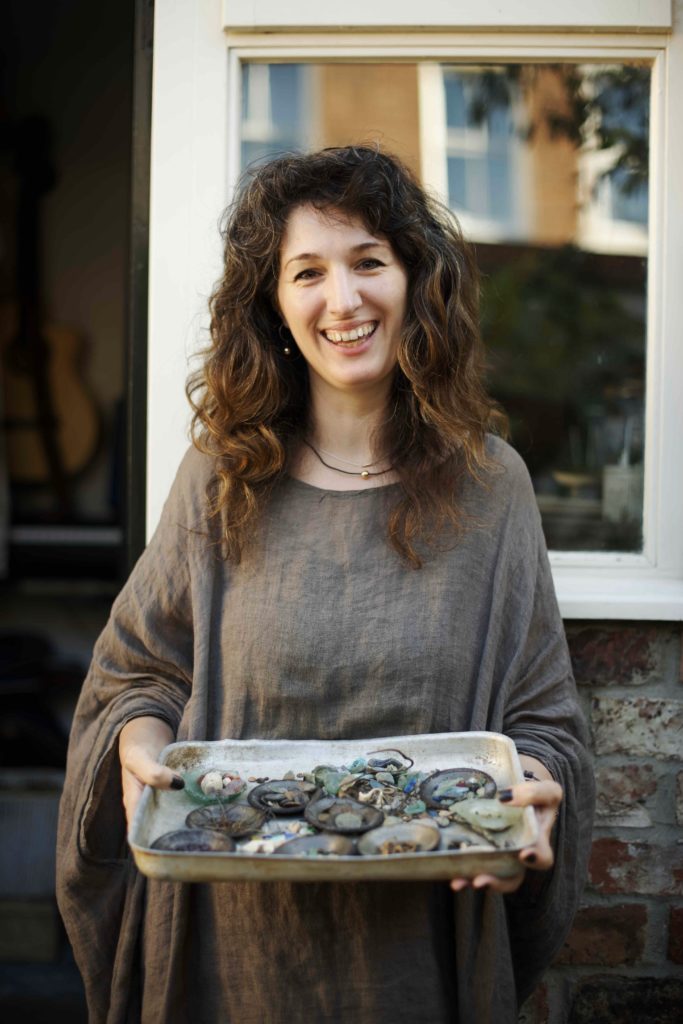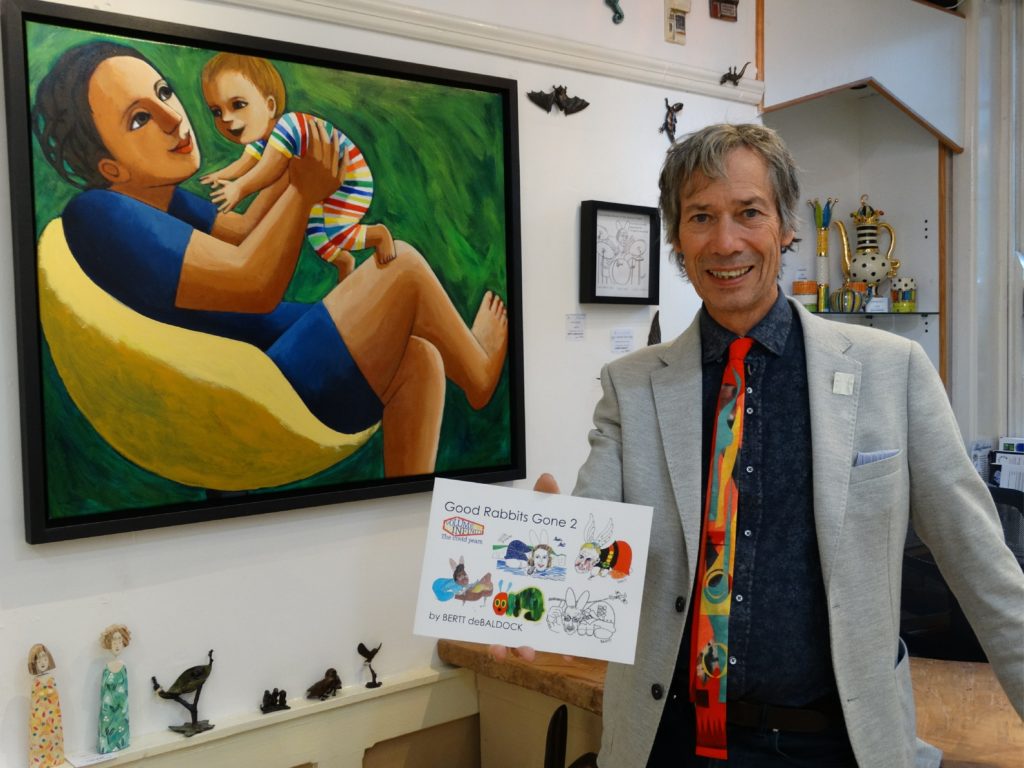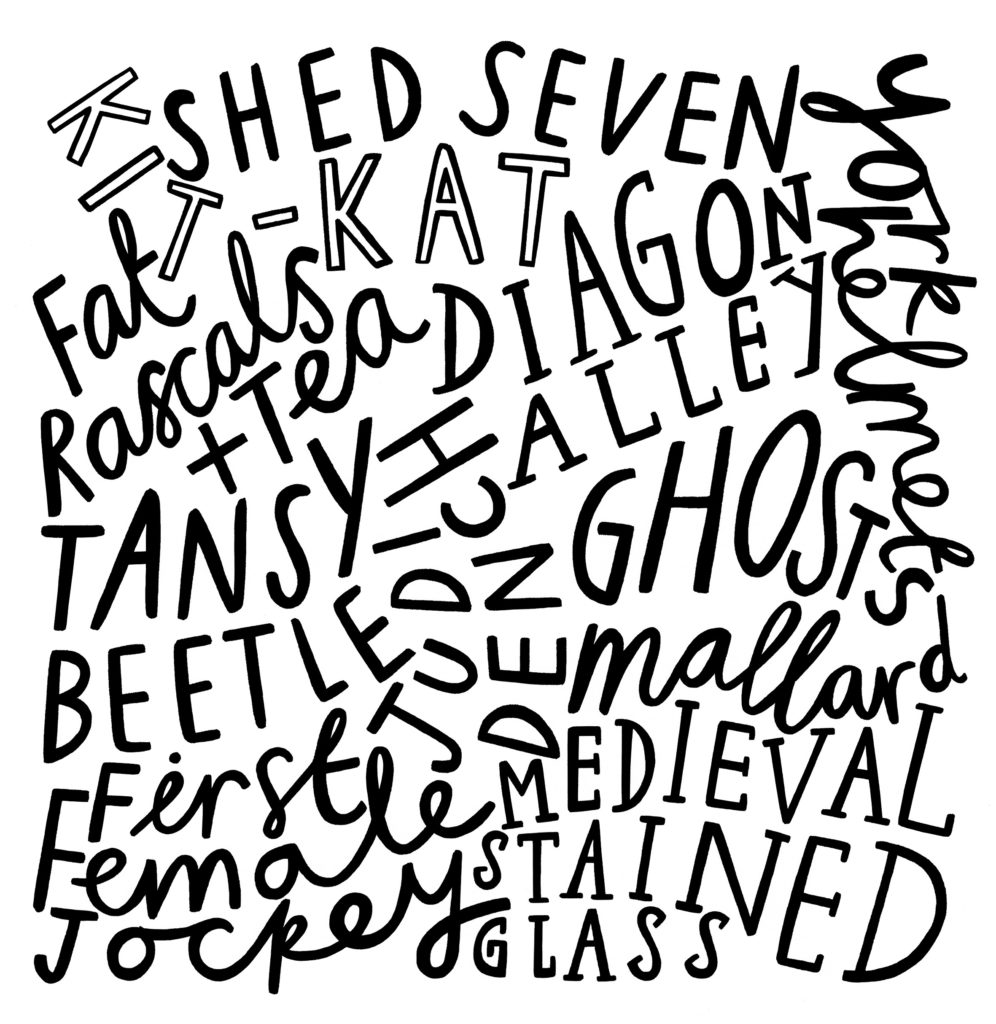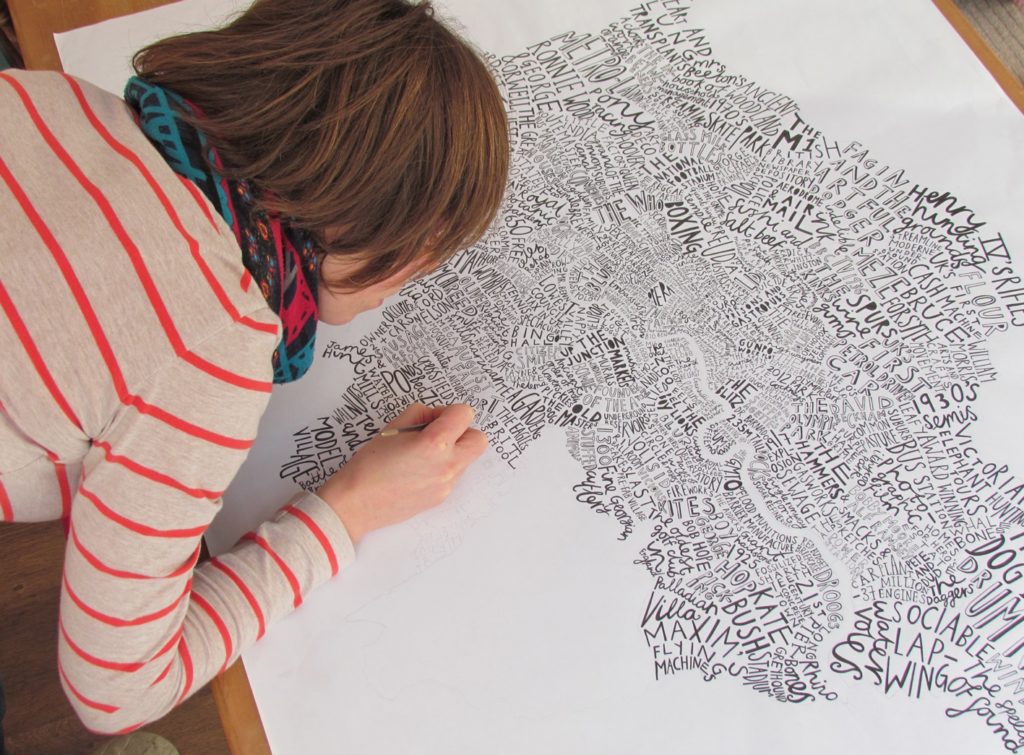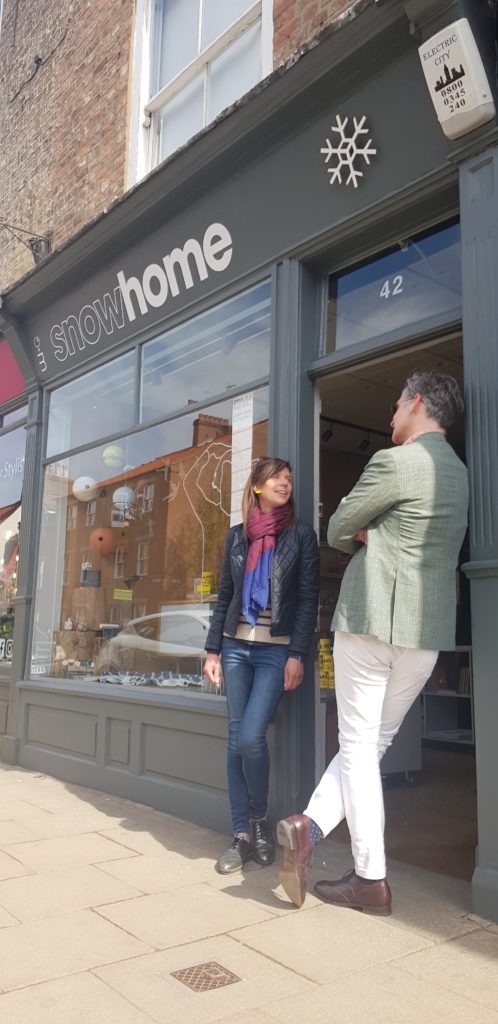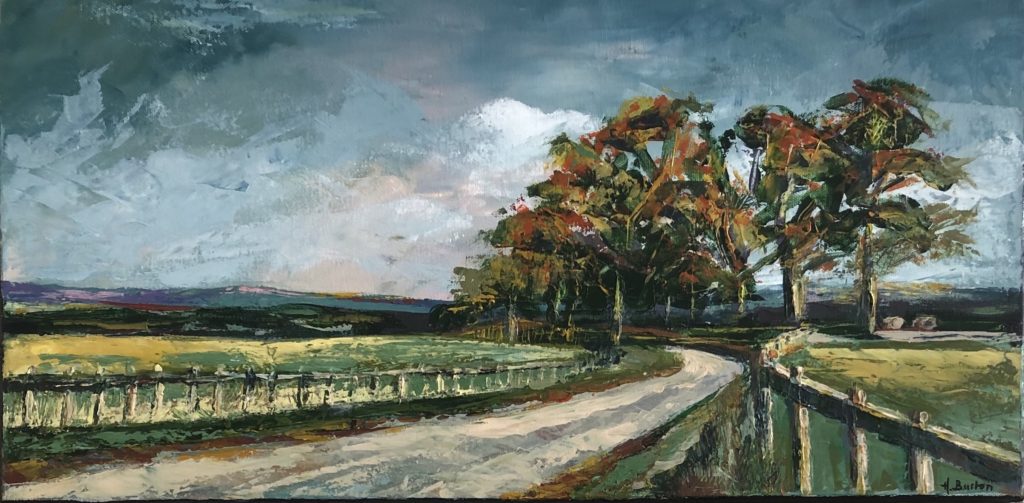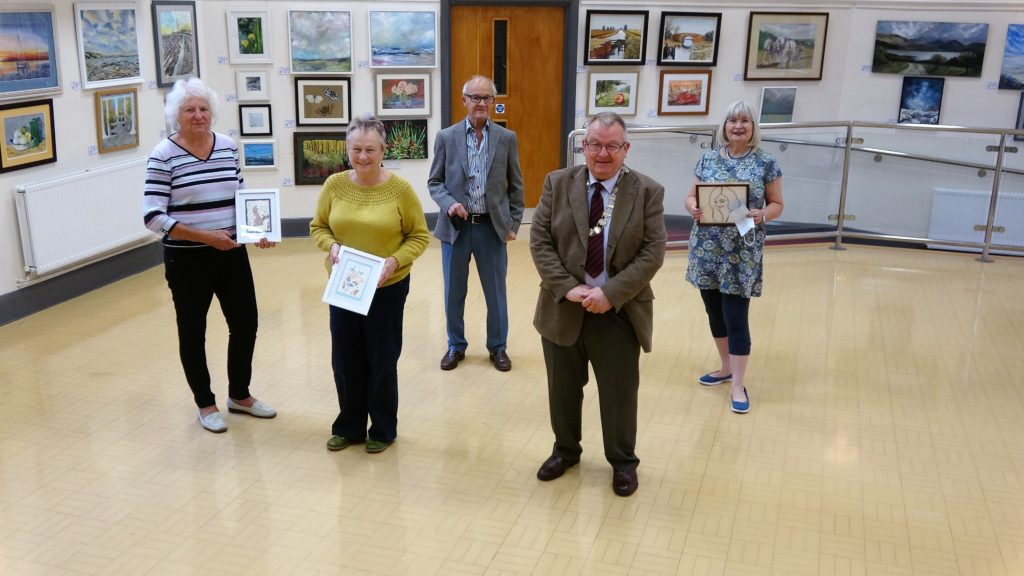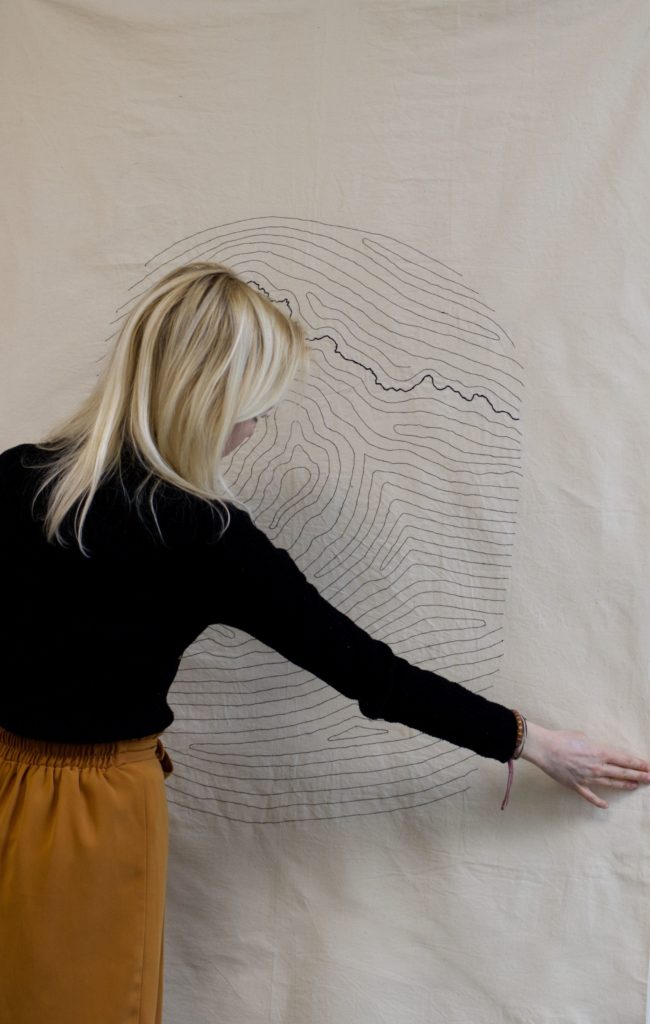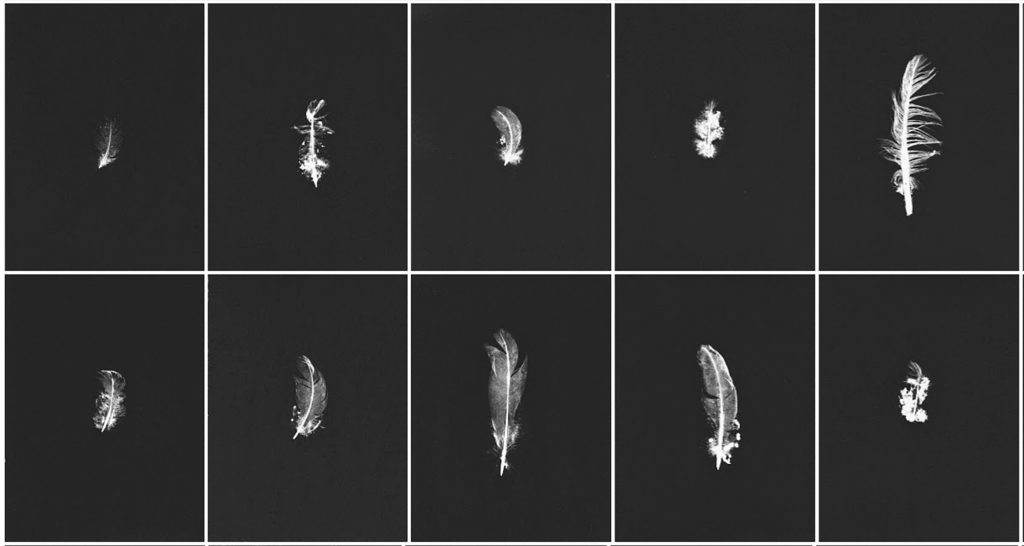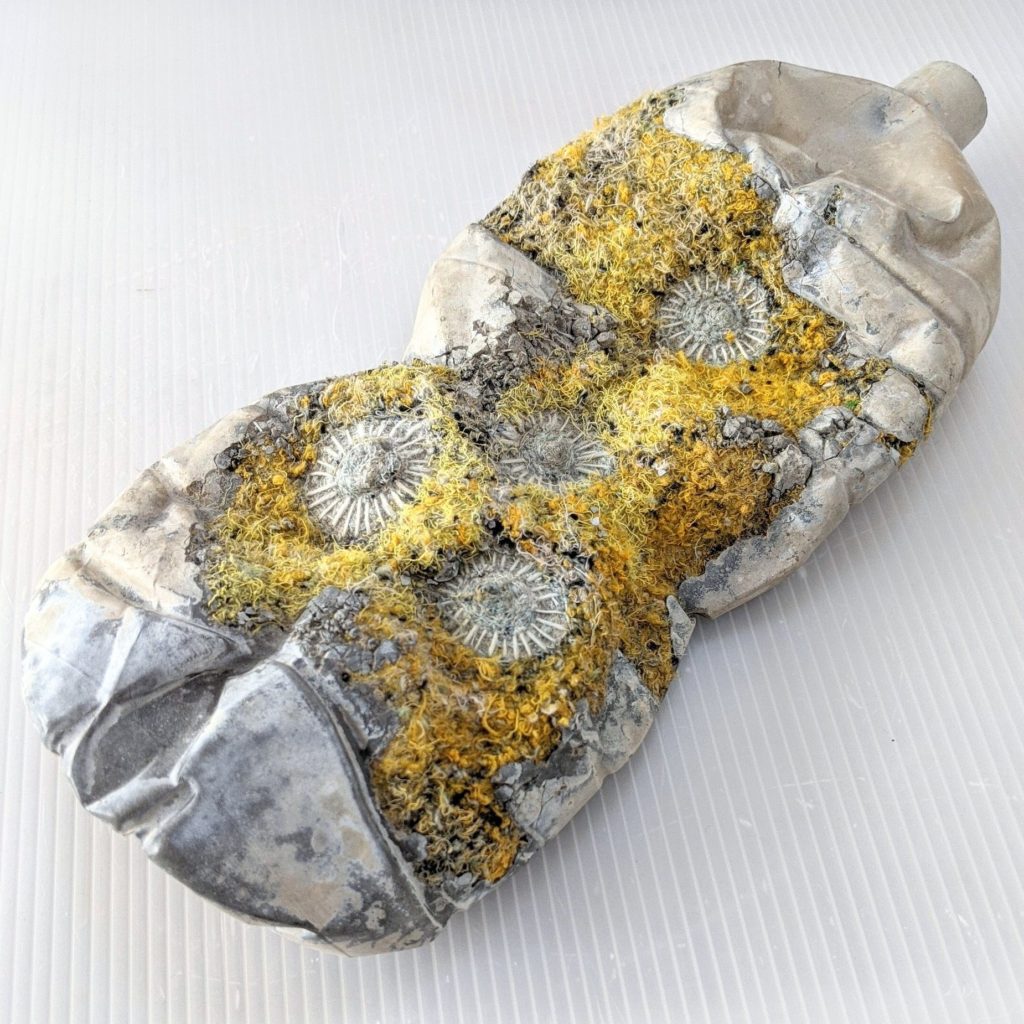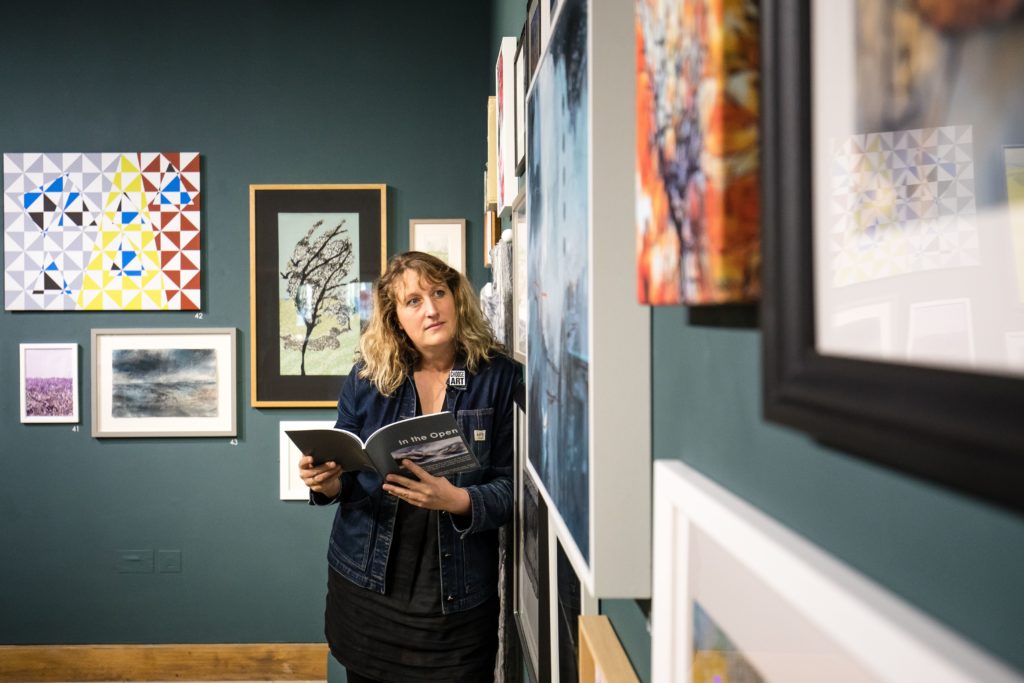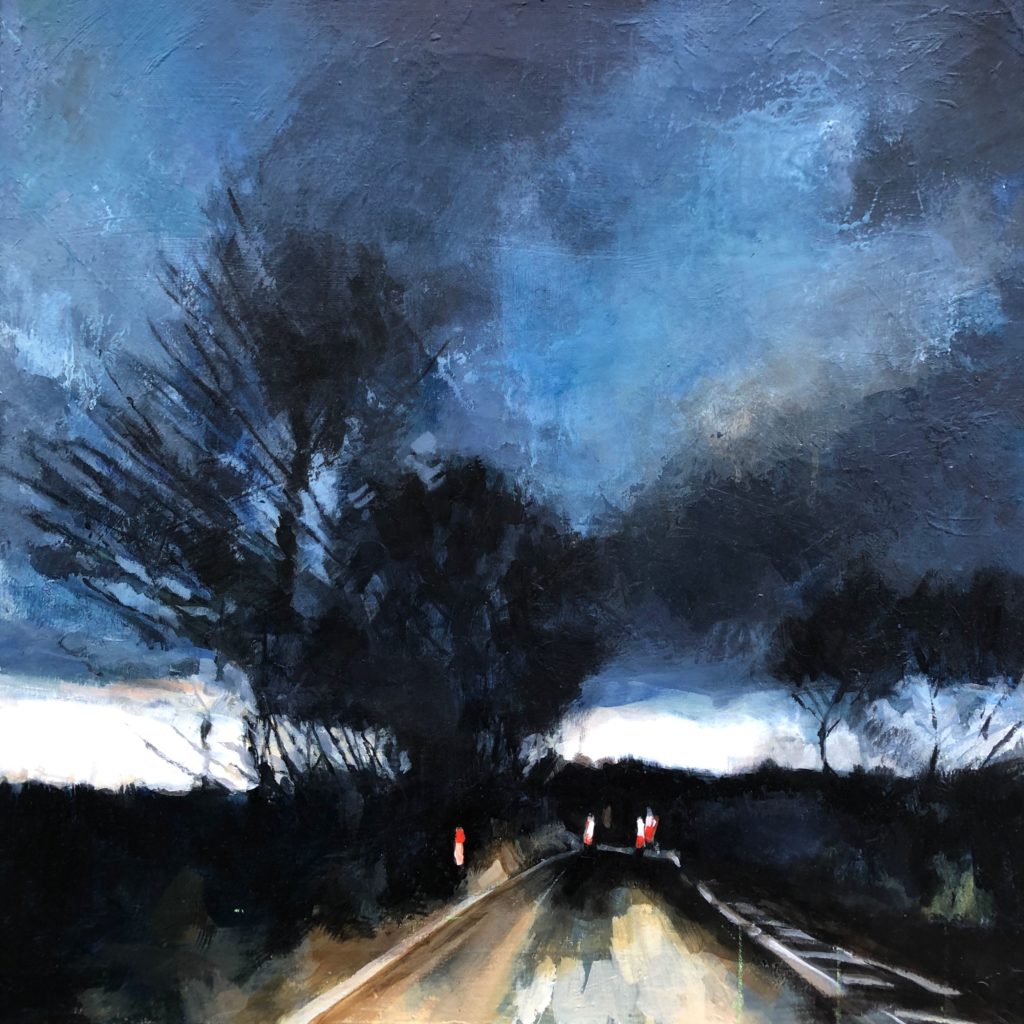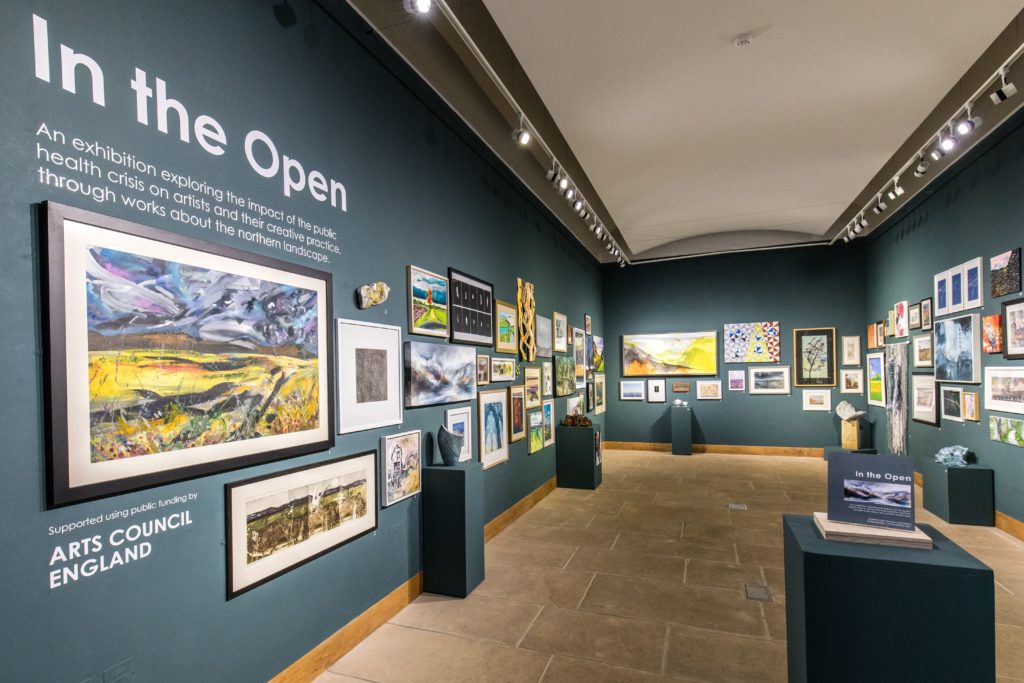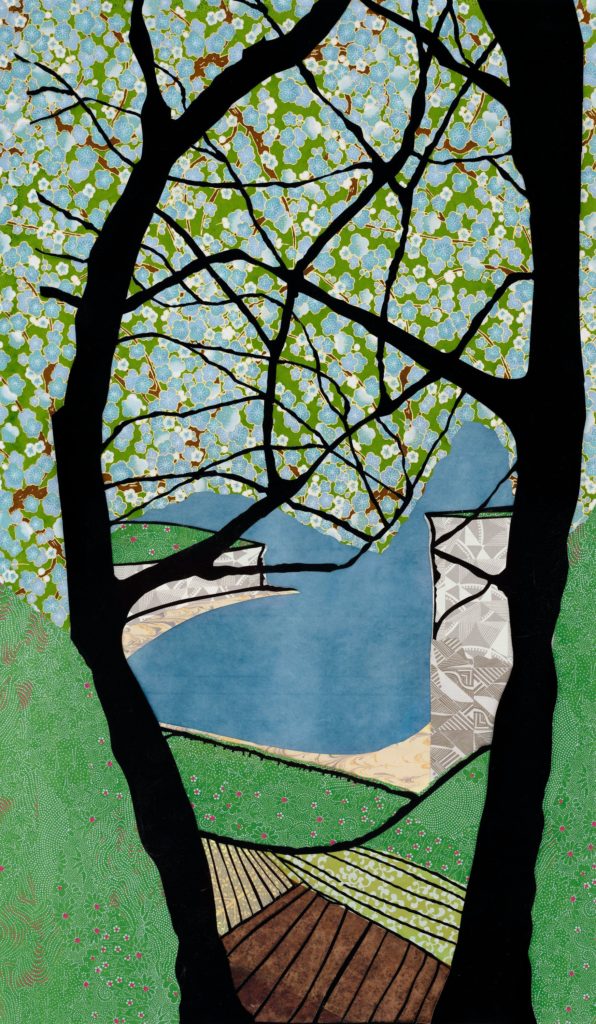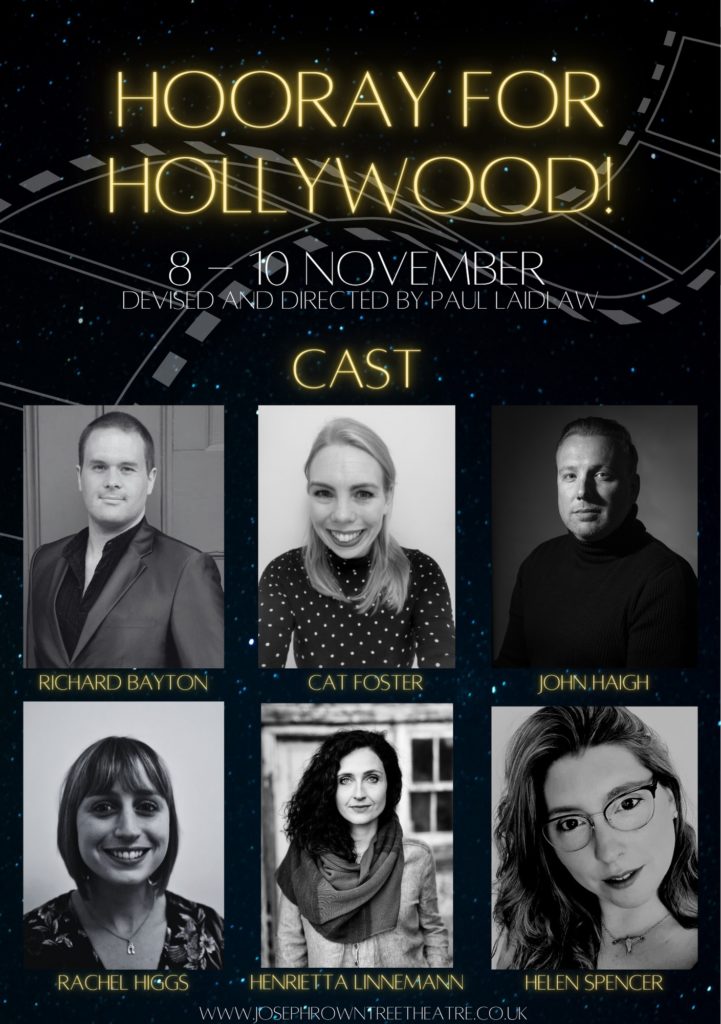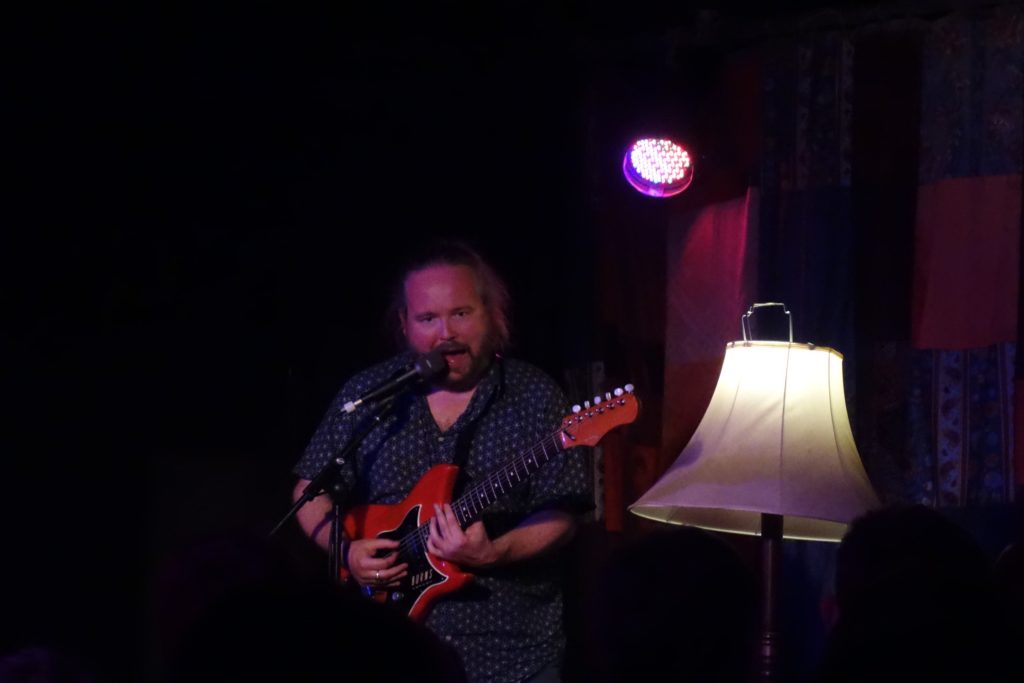
Richard Dawson and Gwenifer Raymonde, The Crescent, York, September 21
MANY were wearing a smile simply to be out enjoying live music again. Thanks to Please Please You, the musical calendar has been quietly hotting up and is now starting to hit its stride.
Support act Gwenifer Raymond is an interesting character, a Brighton-based tech director by day/guitar fiend by night. Sitting barefoot, Raymonde called her style “guitar abuse”. Others have called it “American primitive” or “old time folk”.
Pretty and delicate it wasn’t, nor was it the high and lonesome sound of one of her influences, Roscoe Holcomb. Raymond threw lots of drama into her set, running through compositions (these aren’t really songs) from her 2021 sophomore release Strange Lights Over Garth Mountain.
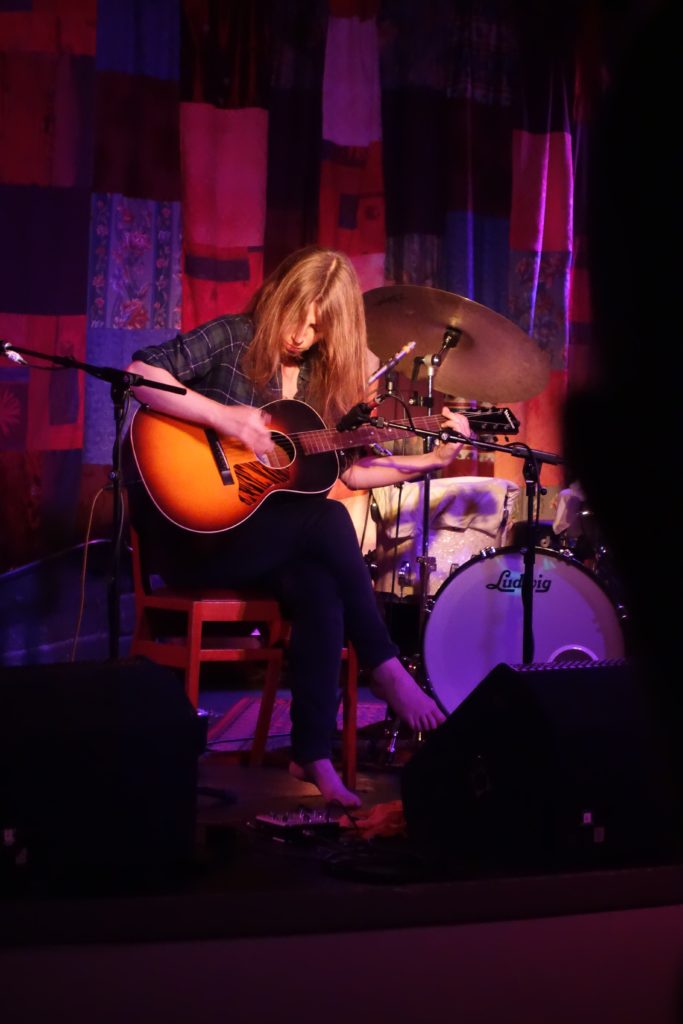
Talking afterwards, she describes how she plays from memory. It was certainly impressive, if a little samey, but an auspicious York debut performance nevertheless.
Richard Dawson was the cause of Tuesday’s show being sold out. He’s another unlikely character. His erudition might suggest a permanent chair on Loose Ends while his Bill Bailey airs, hair and comic timing could take him almost anywhere.
He is known as a formidable, uncompromising modern folk performer – like Raymonde, defiantly not pandering to a crowd. He underlined this by starting with a 12-minute a cappella account of the life of a 16th century quilt maker. Later on, his first-hand telling of seeing a child off to university showed he has lost none of his power to stop his audience dead.
There have been many changes since this reviewer last saw Dawson play at the same venue while touring his Peasant album. Fortunately, the drone instrumentals he produced in lockdown stayed away. With his last long player, Dawson showcased a pronounced shift towards a more conventional rock sound, and the single from his forthcoming LP with Circle suggests more of the same.

Dawson is, however, one of the fortunate few whose audience expects him to lead them on a merry dance, so there were no boos or “Judas” cries. Quite the opposite, despite some of this new material being frankly a bit forgettable, those lovely words muffled in bombast, it was all lapped up by young and old alike. The wonderfully polyrhythmic drumming of Andy Cheetham kept things from metal parody.
While Joe The Quilt Maker would never trouble even the most abstruse singles charts, Black Mark or the superb Jogging could easily find a larger audience, with actual riffs and choruses – all without sacrificing Dawson’s attention to detail and wit. Jogging’s focus on anxiety brought his music squarely up to date.
Dawson was never less than entertaining. At one point, he had a reading lamp brought on as he “couldn’t see his dots” on his guitar. He claimed that he would undercut any momentum in the set, but actually it all hung together well, with a powerful finish, coming full circle to end with the more folk-based Ogre.
The audience’s smiles were broader still as they left.
Review by Paul Rhodes


